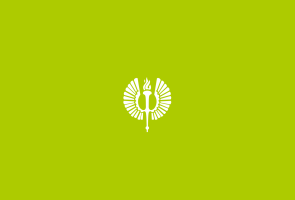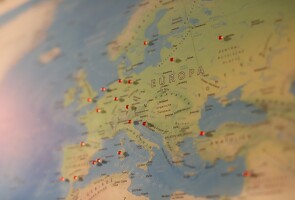At the beginning of May, a group of INVEST psychology researchers will conduct a survey amongst students in comprehensive school level about their experiences during the corona epidemic. The researchers will survey the experiences of children and young people in terms of studying and learning, social relations and mental well-being.
– When the aftercare of the corona crisis begins, it is important to have a view of how children and young people of different ages have experienced the situation and where support measures should be especially targeted, says Christina Salmivalli, Professor of psychology at the University of Turku.
Knowledge on learning, social relationships and mental well-being
– In terms of learning, for example, the fact that the fifth-graders have had great difficulties in mathematics helps in planning and resourcing recap of the things to be learned or remedial lessons, Salmivalli illustrates.
In terms of social relationships, the results help to understand, for example, what has happened in students’ interaction during the spring’s exceptional circumstances. With regard to mental well-being, the mood of the students, the worries and fears caused by the situation, the need for support and whether support has been received are mapped.
School- and municipality-specific information to assist the planning of support measures
The results will help municipalities and schools to plan support measures when the situation returns back to normal. School- and municipality-specific summaries of the results will be made.
– We are able to reach up to 200,000 students through the schools and municipalities implementing the KiVa School programme (the anti-bullying program developed at the University of Turku). These 950 schools will receive the survey and its compilation automatically. We are happy to be able to offer such an extra service when the annual survey related to the programme was dropped this year after the schools were closed, Salmivalli describes.
In addition to school- and municipality-specific compilations, the survey provides important information on the experiences of Finnish children and youth, and the effects of the “corona spring” in general.
– Some of the questions have been prepared for this survey and some are the same as those used in the School Health Survey of the Finnish Institute of Health and Welfare (THL). That makes it possible to compare the results of last spring and the spring 2021 school health surveys. THL will not conduct the actual school health survey this year, Salmivalli says.
The survey is part of Academy of Finland's Flagship project INVEST. The Inequalities, Interventions, and New Welfare State (INVEST) aims at increasing wellbeing of Finnish society during childhood, youth and early adulthood and preventing psychosocial risks compromising such development through innovative interventions.





